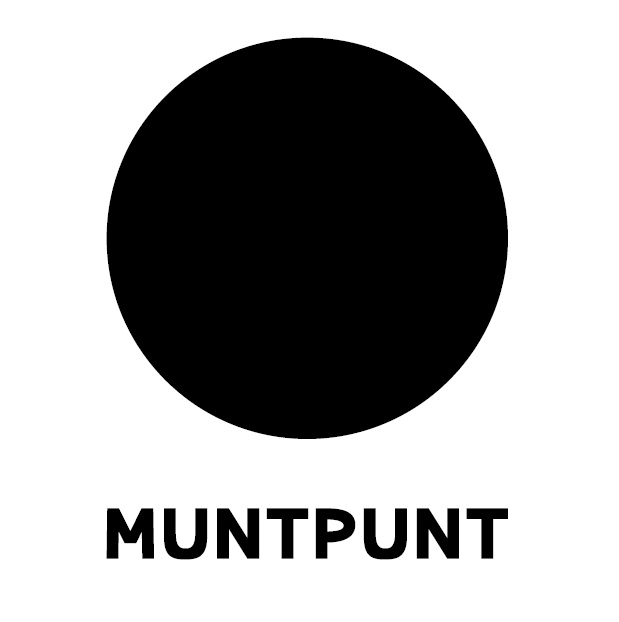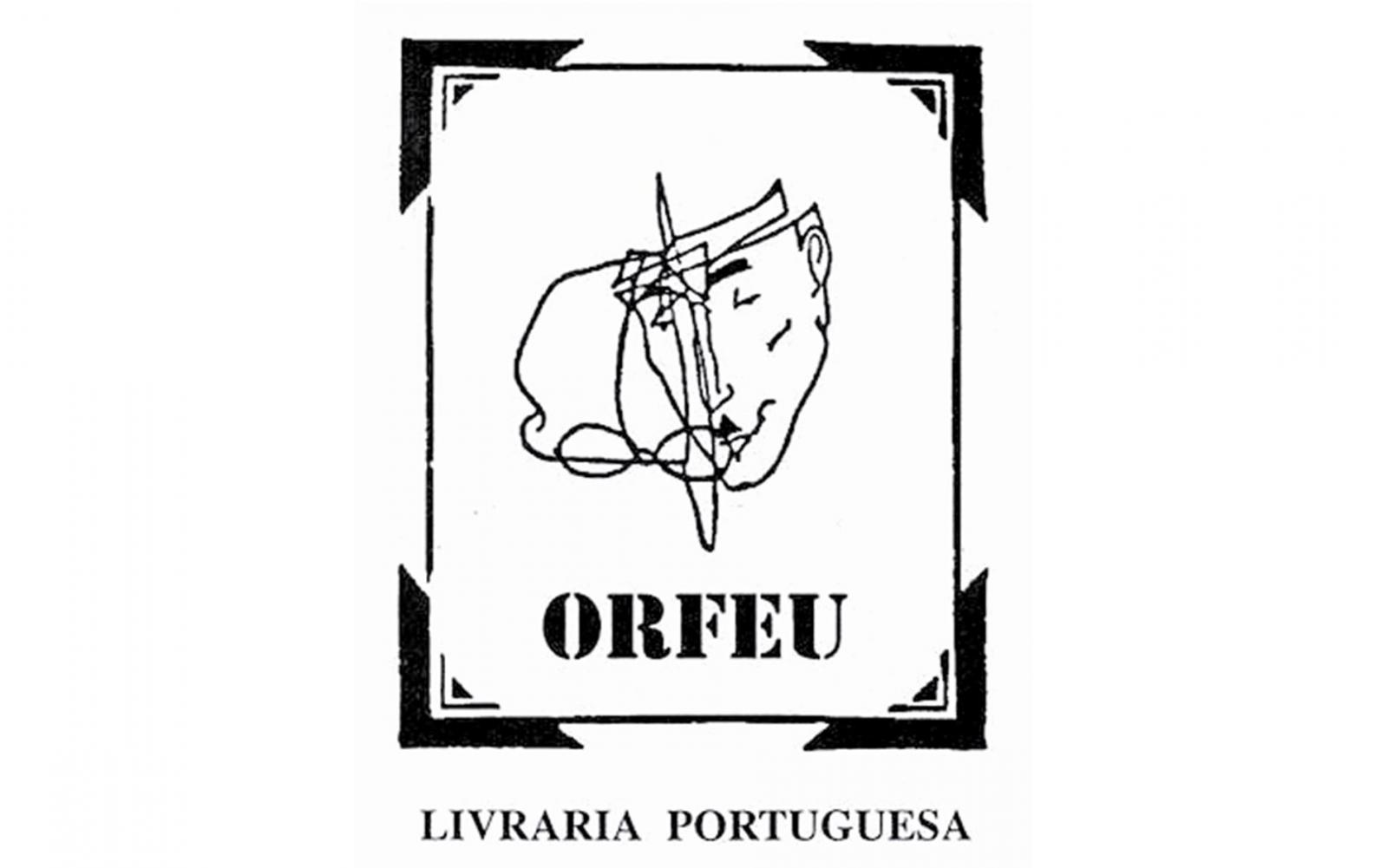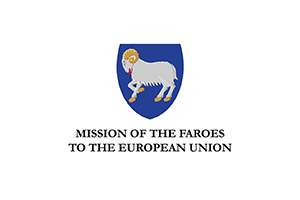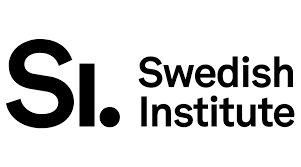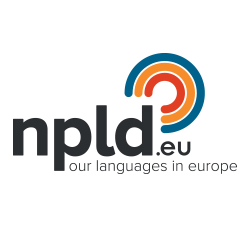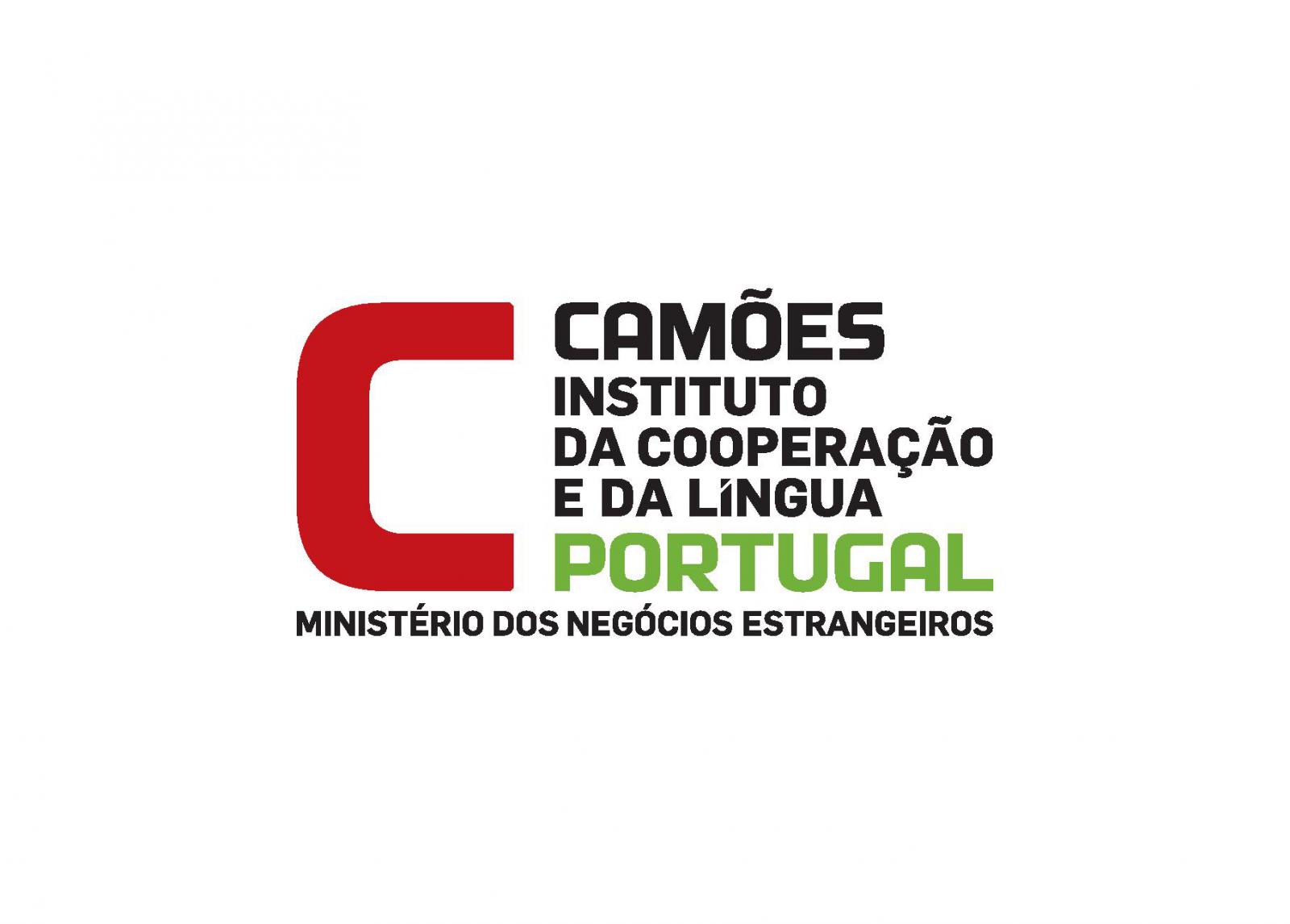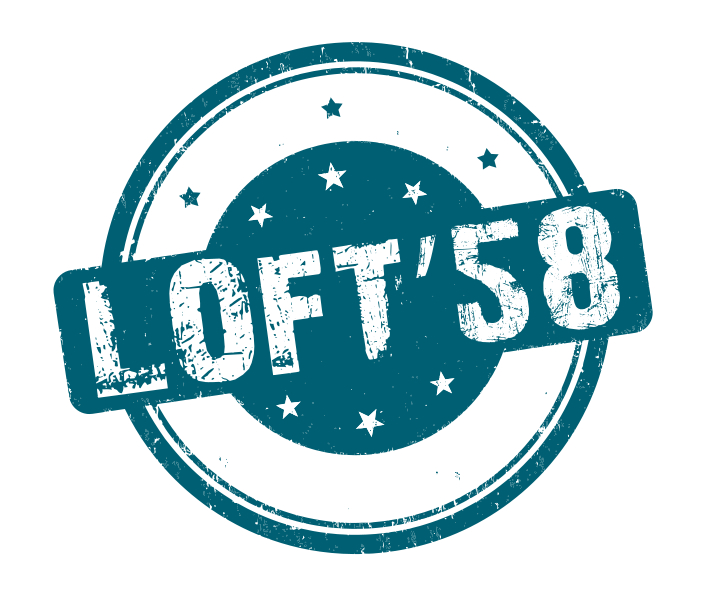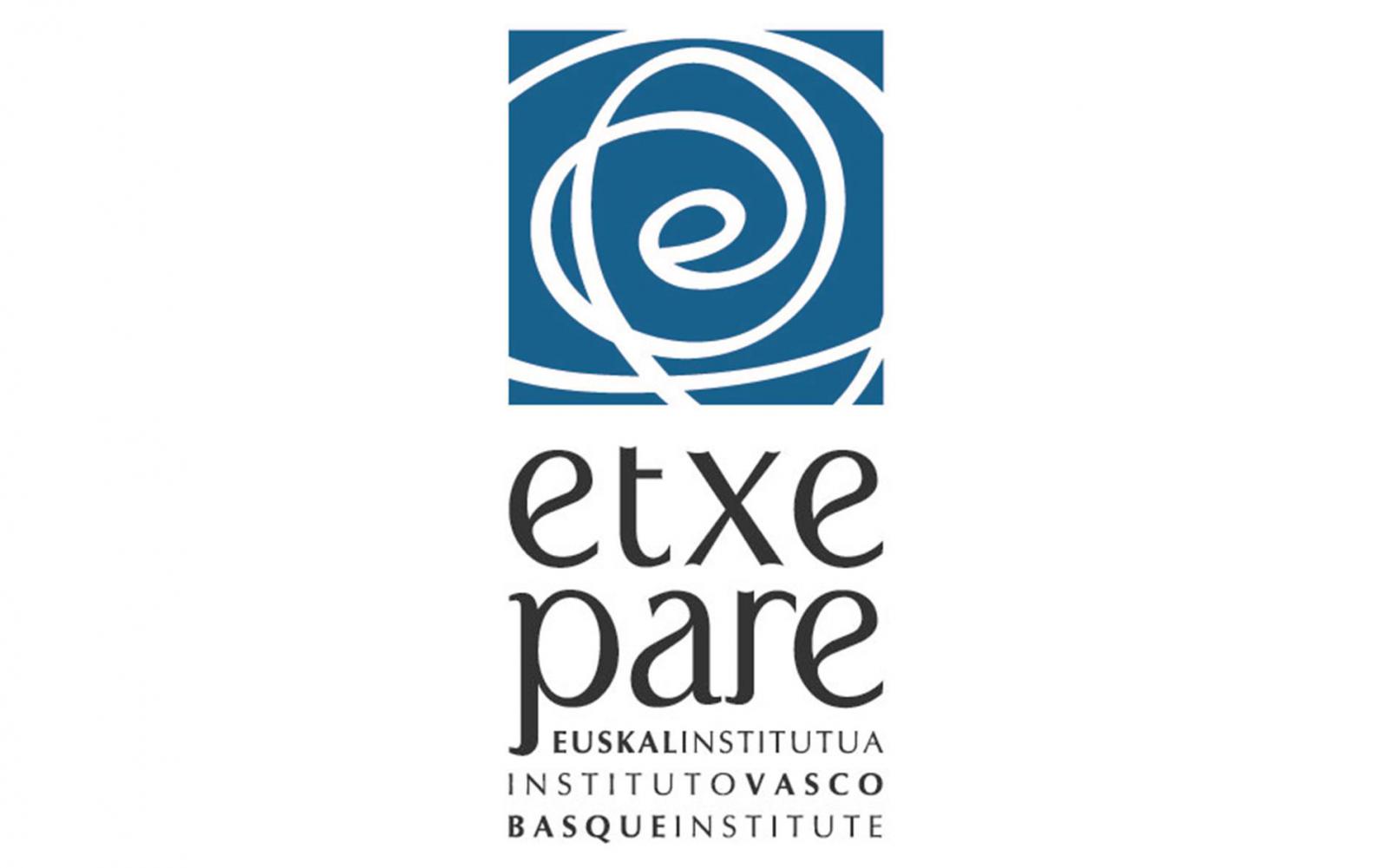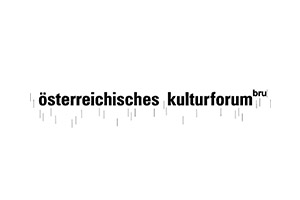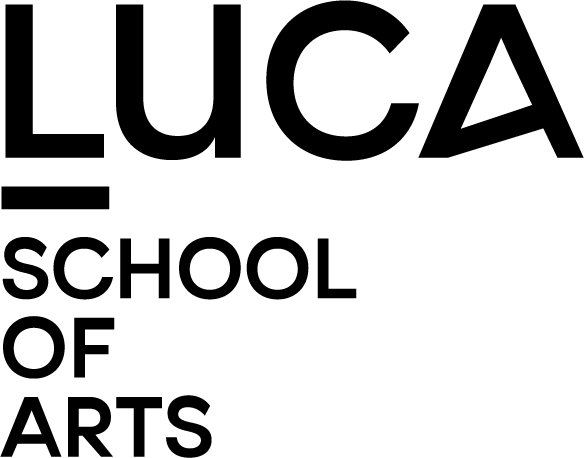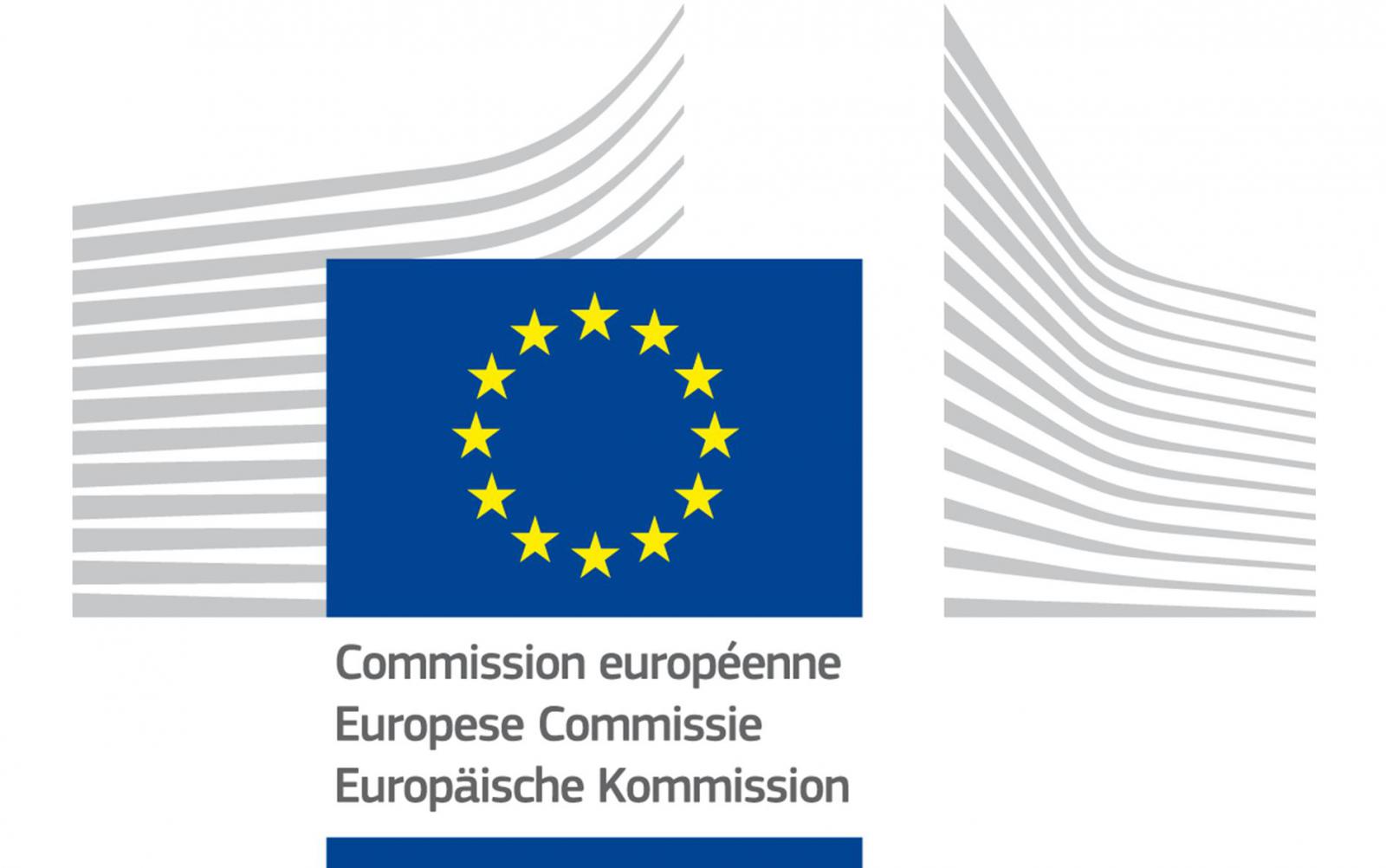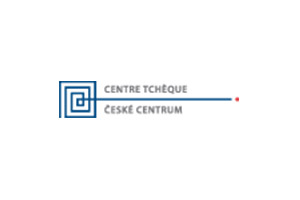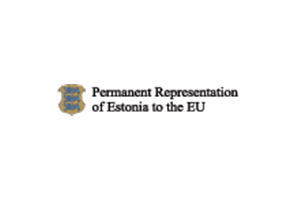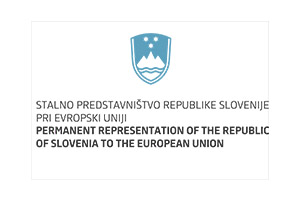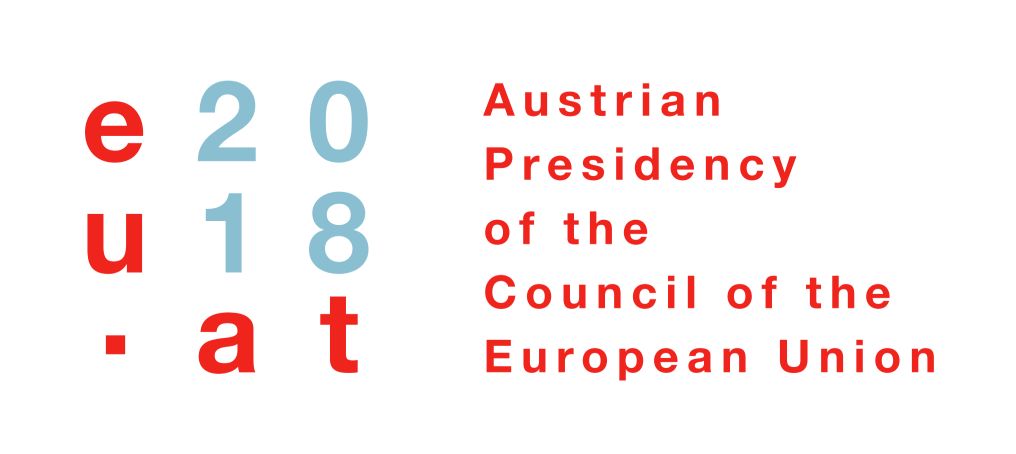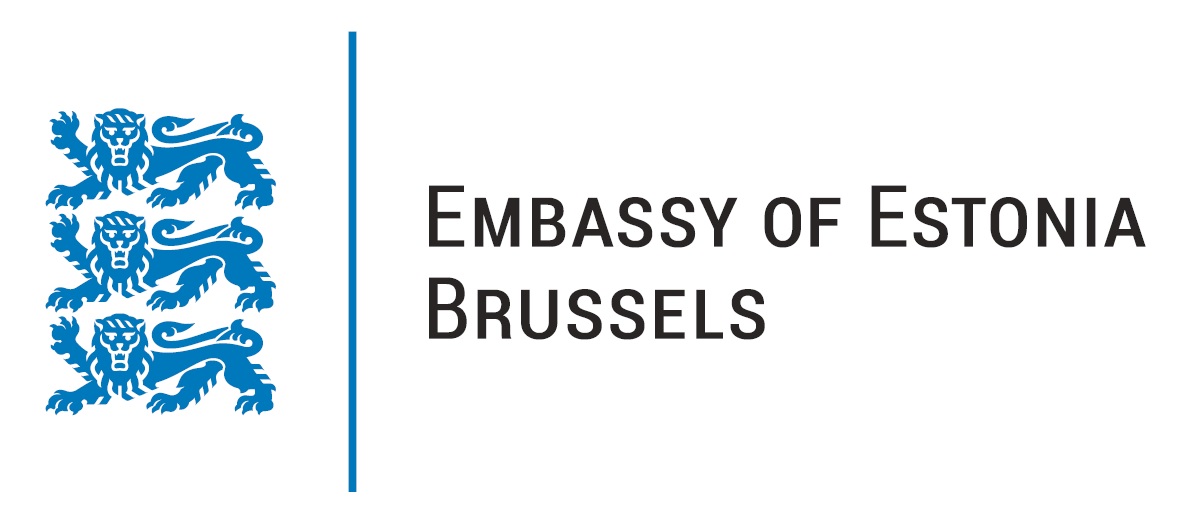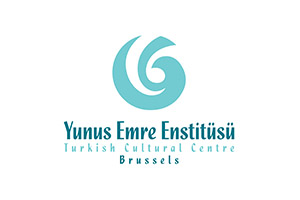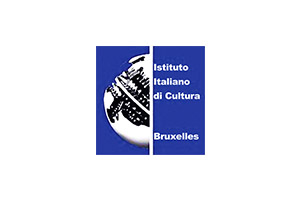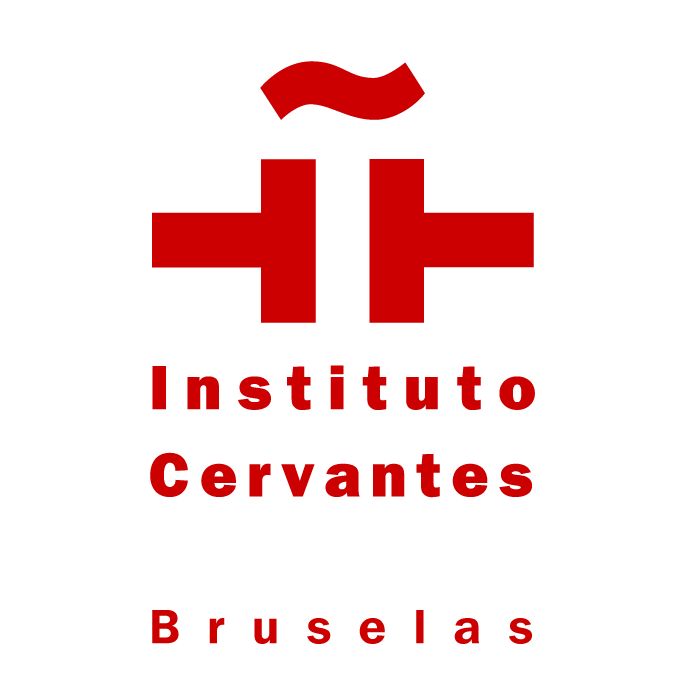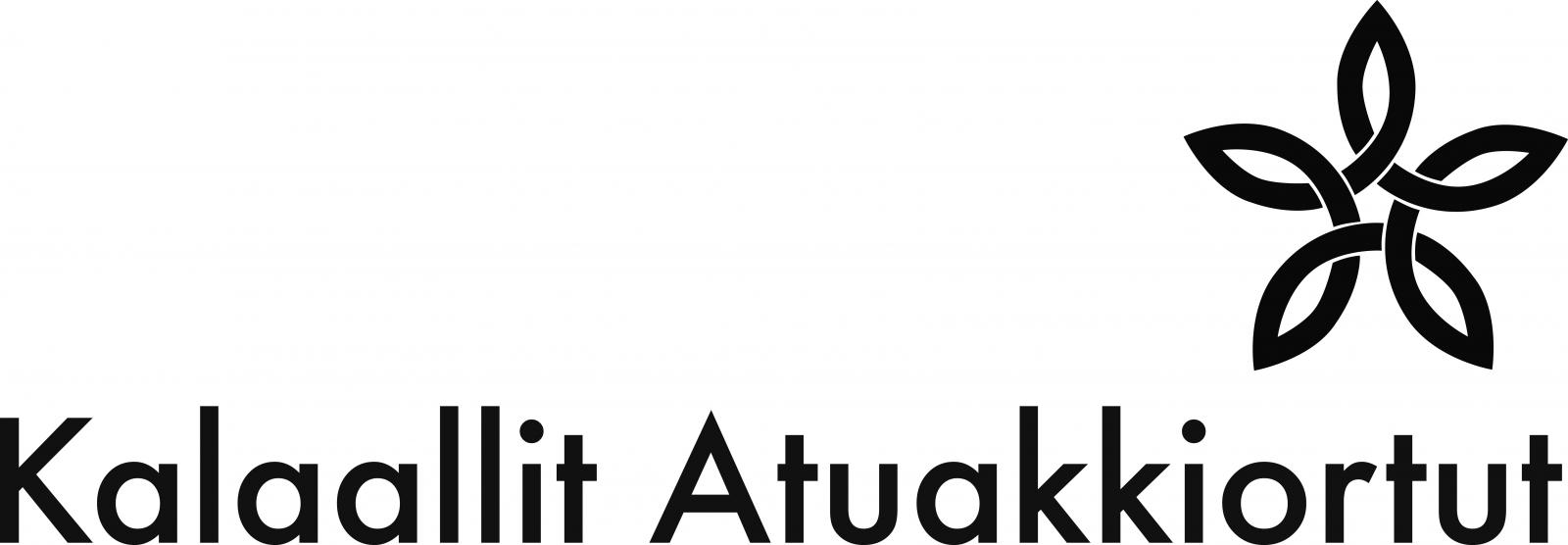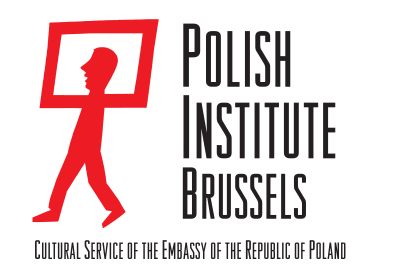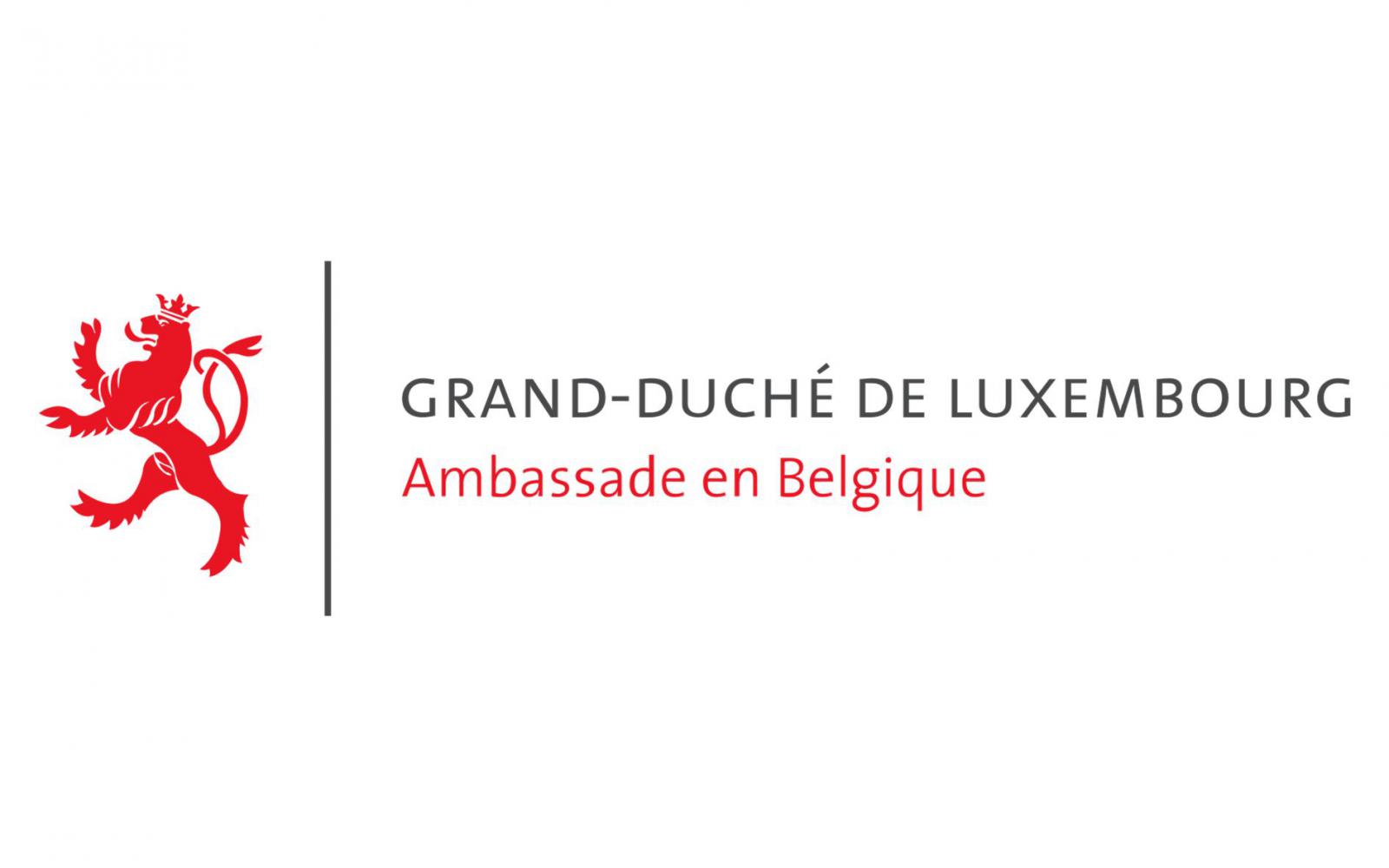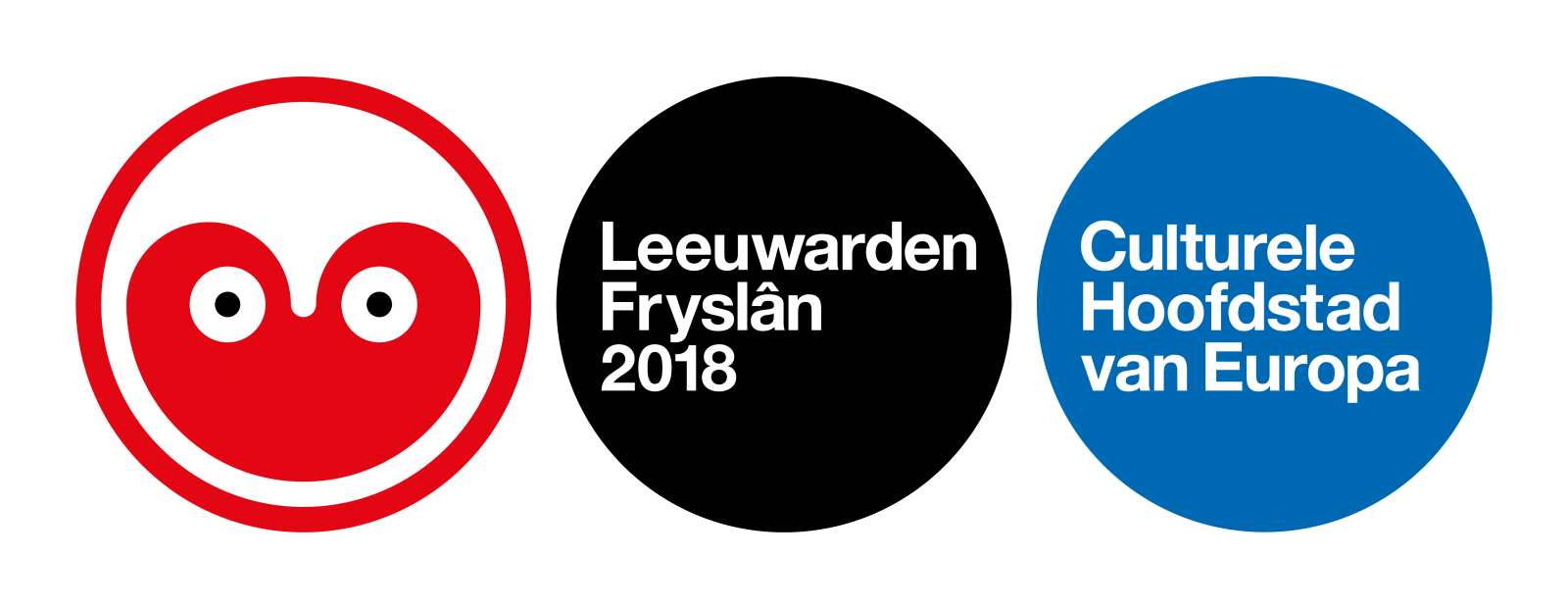Find a poem
Latest updates
-
TRANSPOESIE 2025
09/24/2025 -
Transpoesie 2025 - Programme
09/24/2025 -
Transpoesie 2025 - Open Call
04/16/2025
Túl a Maszat-hegyen (részlet)
Túl a Maszat-hegyen (részlet)
Ilyen bolond időket élünk!
Nem úgy van már, mint egykoron.
Ma már egymással nem beszélünk,
Csak pittyegünk a gombokon.
Van, aki társaságba pittyeg,
A jómodorra hányva fittyet,
Van, aki míg a buszon ül,
Van, aki otthon, egyedül,
Két óra közt a nagyszünetben,
Vagy míg a kántor orgonál,
Vagy míg a boltba sorban áll,
Vagy míg a krumpli még sületlen,
És nincs a hamburger se kész,
Ő addig egyet nyomkorász.
Bolond idők, bolond szokások.
Majd elfelejtjük őket, és
Jönnek helyettük újra mások.
Akár a szépbetűvetést.
Az ember ily furát ma hol lát?
Ki mártja még tintába tollát,
Időz el hosszan egy betűn,
Hogy ívét visszaadja hűn?
Egyáltalán írott levélben
Ki az, ki még eszmét cserél?
Manapság ritkán jön levél,
Pedig a postaláda régen
Minden nap újra tele lett.
Hol vannak most a levelek?
How bizarre the times we live in now
How bizarre the times we live in now!
How unlike former years they’ve grown.
No one converses, not anyhow -
Everyone just sits there, prods their phone.
Some do it even in a quorum
Without a care for all decorum
Some do it on the bus or train
And even when they’re home again
Or during the break in Double Maths
Or waiting at the till to pay,
Or while the vicar’s preaching mass,
Or as the steaks are cooking, say;
And dinner’s still some time away
They’ll sit, poke their phones and play.
Strange times, then, but there’s still the danger
They’ll fade to antiquity
And bring on something so much stranger.
Take, as one example, calligraphy –
Who even bothers now, much less thinks
Of using different kinds of inks
Who takes time to shape a letter,
Form it just that little better?
Where is the art of letter-writing?
Who, pen and ink, now expresses
what goes on in deep recesses?
The postman is no longer fighting
lumbago, sack empty now to bear -
Oh, where’s the mail of yesteryear?
Translation: Mark Baczoni
On vit une époque de fous !
On vit une époque de fous !
Ce n’est plus du tout comme autrefois,
De nos jours, on ne se parle plus,
On fait des bips sur des boutons
Lui, là, il fait des bips en société,
Des bonnes manières, il n’a que faire
Et lui, pendant son trajet en bus,
Celui-là, tout seul, à la maison,
Entre deux cours, à la récréation,
À l’église, où l’organiste improvise,
En faisant la queue au magasin,
Ou pendant que les frites cuisent,
En attendant son burger cheese,
Il appuie sur deux, trois touches grises.
Époque de fous, usages de fous,
Bientôt nous les oublierons,
Et d’autres les remplaceront,
Comme on le fit pour la calligraphie :
Quoi ? De nos jours ? Pareille étrangeté ?
Qui dans l’encre sa plume trempe,
Fait durer d’une lettre le tracé,
Afin d’en respecter la courbe aimée ?
Par simple lettre écrite, d’ailleurs,
Qui échange aujourd’hui des idées ?
Le courrier se fait rare, quel malheur,
Une boîte aux lettres, autrefois,
Tous les jours s’en donnait à coeur joie,
Mais où sont passées les lettres, quoi ?
Adaptation : Juliette Camps
Rare tijden (Voorbij de Smoezelberg)
Een rare tijd waarin we leven!
Het is nu niet meer als weleer.
We kunnen niet met elkaar spreken,
we sturen mailtjes heen en weer.
De een wil in gezelschap mailen,
manieren kunnen hem niets schelen.
Sommigen doen het in de tram,
sommigen lezen thuis hun spam,
in de pauze of een tussenuur,
wanneer de cantor orgel speelt,
wanneer je je stierlijk verveelt,
wanneer je aardappels op het vuur
en je hamburger in de pan
garen, stuur je snel een bericht.
Rare tijden, gewoonten zo vreemd.
Ze worden snel vergeten voor
iets nieuwers dat straks hun plaats inneemt.
Met schoonschrijven gaat niemand door.
Waar zie je dat nog vandaag de dag?
Met pen en inkt schreef je het verslag
in letters die sierlijk krullen,
papier met hun schoonheid vullen.
Wisselt nog iemand van gedachten
per brief, met de hand geschreven?
Wie is daar nog in bedreven?
Ooit zat je op brieven te wachten,
dag na dag was de bus gevuld.
Waar zijn de brieven gebleven?
Vertaling: Györgyi Dandoy

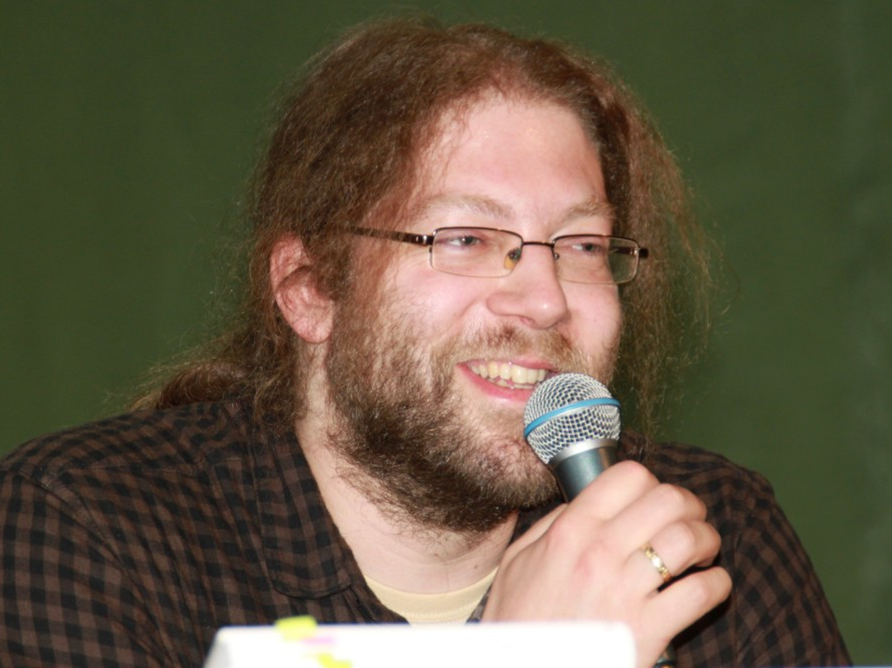
/RO - on the website.png)

